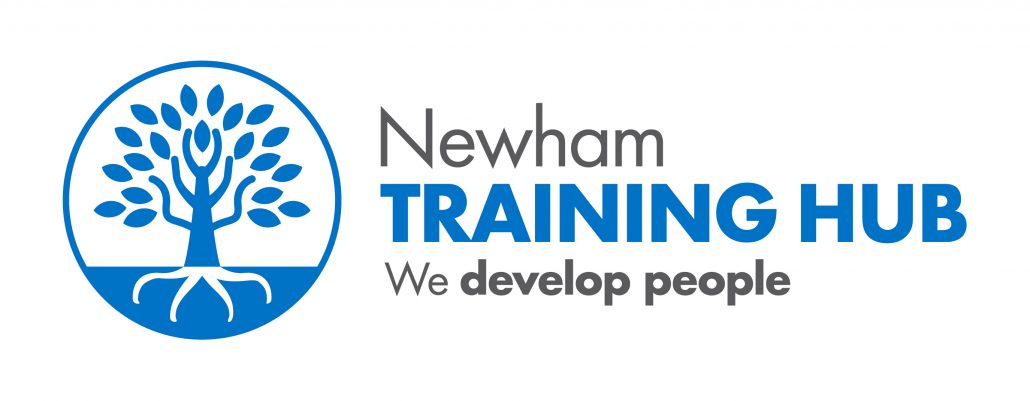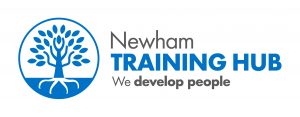Application Form to be Coached or Mentored
A brief overview of coaching and mentoring
“Coaching and mentoring are learning relationships which help people to take charge of their own development, to release their potential and to achieve results which they value.” Connor & Pokora
“Someone who helps another person to become what that person aspires to be” (Montreal CEGEP)
6 Principles of Coaching
•The client is resourceful
•The coach’s role is to develop the client’s resourcefulness through skilled questioning, challenge and support.
•Coaching addresses the whole person; past, present and future.
•The client sets the agenda
•Coach and client are equals
•Coaching is about change and action
From “Coaching Skills a Handbook” Jenny Rogers
A coaching programme enables you to work with your coach in complete confidence about professional, work life balance or career issues. Your coach will be trained and experienced and will not offer advice, but work with you, recognising your own resourcefulness.
The success of coaching is in the establishment of an effective relationship based upon mutual respect, honesty and understanding, combined with structured questioning to enable the client to find their own solutions.
Generally we recommend up to 4 sessions. But in the time of COVID, your needs may be more urgent, faster and may even be ‘how to get through to tomorrow’. Maximising your wellbeing is our goal.
Coaching to Maximise Potential
Coaching can help you to:
- increase your motivation
- improve your work-life balance
- manage transitions positively
- enhance your leadership skills
If you are interested in receiving coaching with a trained and experienced coach who is supported and supervised in their role please complete the questions below and click submit.
Please click here for the Coaching and Mentoring Contract (Terms and Conditions). This agreement is between the coach mentor and the client. Upon application (see the form below) for coaching or mentoring, the client is agreeing to these terms and conditions.
Recommended Ground Rules for Coachees and Coaches
- Each coaching session will probably last 60-90 minutes and takes place up to 4 times. The interval will be decided mutually. We suggest completing within 2 -6 months
- When the coaching is complete, we ask that you please complete the exit coaching feedback. This is important for quality assurance
- You will mutually agree how best to meet virtually or when you can meet again, the meeting place should be a mutually convenient one – your coach will suggest a ‘neutral’ meeting place away from the hassles of your workplace or home. As coaching sessions are considered a professional activity, social venues are generally avoided during the pandemic. All meetings will be virtually, which works well.
- All coachees and coaches will be bound by an ethical code of practice
Ethical Code of Practice for Coaching – ( in line with the EMCC)
- The coach’s role is to respond to the clients needs and agenda; it is not toimpose their own agenda.
- The coach must work within the current agreement with the client aboutconfidentially that is appropriate within context.
- The coach must be aware of any current law and work within the law.
- The coach and client must be aware that computer-based records are subjectto statutory regulation under the data protection act 2018.
- The client should be aware of their rights and any complaints procedures.
- The coach and clients should respect each other’s time and otherresponsibilities, ensuring they do not impose beyond what is reasonable.
- The client must accept increasing responsibility for managing the relationship;the coaches should empower them to do so and must generally promote thelearner’s autonomy.
- Either party may dissolve the relationship. No blame.
- The coach needs to be aware of the limits of their own competence in thepractice of coaching.
- The coach will not intrude into areas the clients wishes to keep private untilinvited to do so. However they should help the client to recognise how otherissues may relate to these areas,
- The coach and clients should aim to be open and truthful with each other andthemselves about the relationship itself.
- The coach and clients share the responsibility for the smooth winding down ofthe relationship when it has achieved its purpose – they must avoid creatingdependency.
- The coaching relationship must not be exploitative in any way, neither may itbe open to misinterpretation.
A template for the coach and coachee for reflection after each session
| Concepts, ideas, frameworks which seem relevant / useful to me: |
| Insights about my personal self |
| Insights about my professional self |
| Insights about my role |
| What could I do differently |
| What could I experiment with |
| Other thoughts and feeling |
|
Adapted from Lynne Freeman (1999) |

